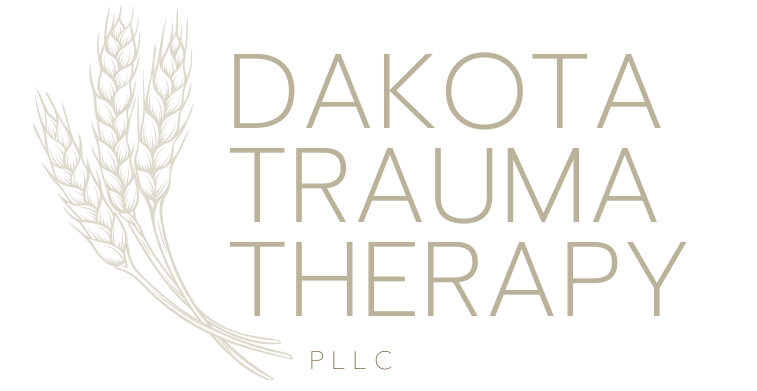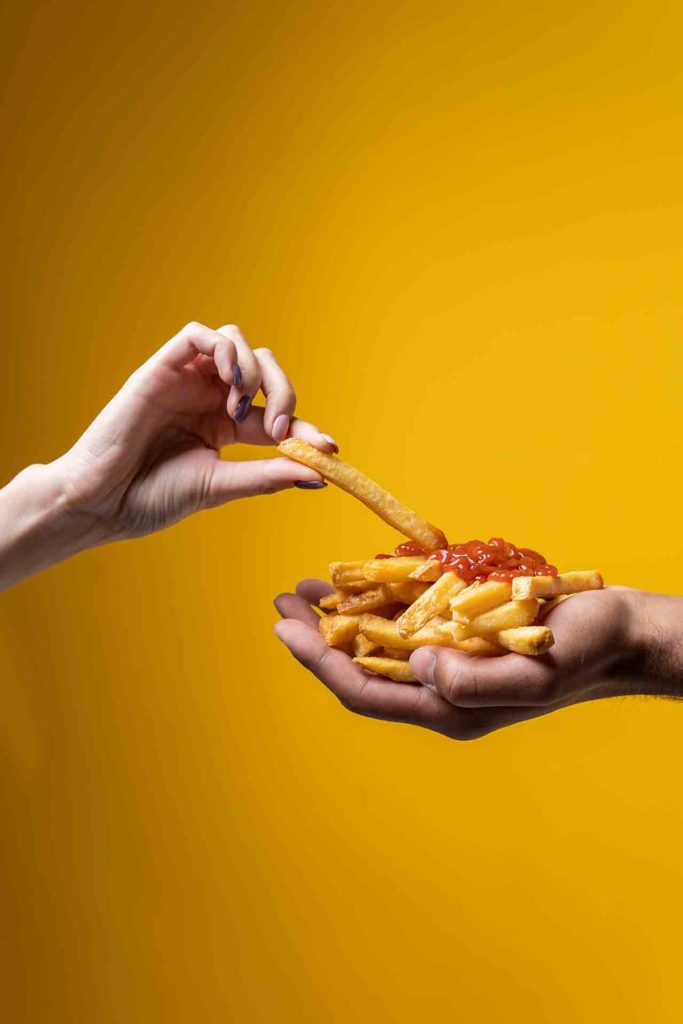Food is intended to fuel, rejuvenate, and strengthen the body. When we seek comfort and consolation, we frequently resort to food. However, eating may not always work as it is intended to. After a meal, instead of feeling refueled or even comforted, one may feel uneasy and anxious. You are not alone if this has occurred to you. There are several explanations for this type of anxiety after eating. (1)
Anxiety is not always simple to comprehend. It can strike at any point and for no apparent reason. Millions of people, especially those who suffer from high-functioning anxiety, are concerned about the onset of anxiety after eating. Many people experience a lot of unease and anxiety after eating a heavy meal and occasionally even a full-blown panic episode.
Anxiety symptoms can occur suddenly and without notice. You are somewhat calm and relaxed for one second, and anxiety sinks into your chest in the next moment. After experiencing anxiety for a while, you could sense a trend. (2) Learning to prevent critical triggers and finding effective strategies to handle those you can not avoid are usually the first steps in managing anxiety symptoms.
Eating is one of the inescapable triggers for anxiety. There is generally more to the story when it comes to anxiety after eating. We will go over all of the critical aspects of anxiety after eating in this article and ways to avoid it.
Symptoms of anxiety after eating
A major sign of anxiety after eating is feeling incredibly sick and exhausted right after eating. (3)
This sick sensation might be described as having the stomach flu, being on the cusp of catching a cold, having hot sweats, feeling painful and achy, or feeling ill altogether. While tiredness might make you feel a little weary, moderately fatigued, or completely drained, it becomes difficult to move or do anything. (4)
After eating, you may feel nauseous and exhausted occasionally, frequently, or daily. (5) It can occur alone or accompany an intensification of other anxiety symptoms. It can also come suddenly and without warning following a period of worry, anxiety, dread, or stress.
Feeling nauseous and exhausted after eating might range from mild to severe. It also occurs in cycle patterns, with you feeling ill and exhausted one day and not the next.
These symptoms might alter from moment to moment throughout the day, or they may also last throughout your anxiety disorder treatment.
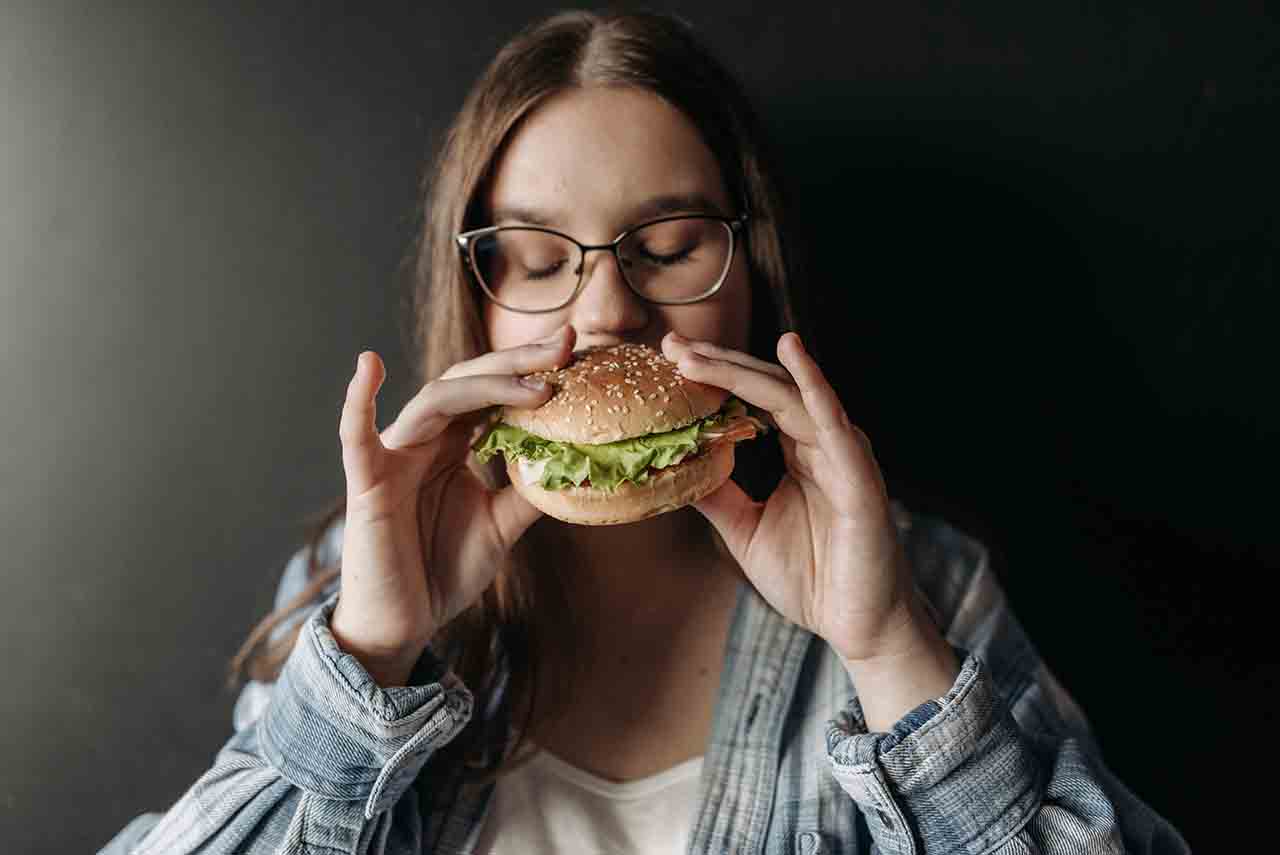
Common reasons behind anxiety after eating
If you want to manage anxiety after eating, it is first necessary to understand the primary causes that trigger anxiety. Knowing what causes anxiety after eating might help you deal with it or avoid it altogether.
Here are some of the common factors behind anxiety after eating:
Food triggers
Certain foods may cause anxiety symptoms in certain people. Cheese, cured meats, and other fermented foods containing the neurotransmitter histamine may induce anxiety and allergic symptoms. (6) Moreover, caffeine may interfere with sleep and worsen anxiety symptoms (7), white flour, sugar, and other refined carbohydrates, which can cause adrenaline spikes that lead to panicked or anxious sensations, and alcohol are all potential dietary triggers for anxiety.
You do not have to completely eliminate these items, but maintaining a food diary can help you see any correlations between intake and anxiety.
According to research published in 2019, there is a strong correlation between anxiety and sweet food desires (8); thus, sugar may be tough to resist. Read labels and verify the quantity of sugar in any packaged goods you eat to limit sugar consumption.
Replace refined carbohydrates with whole grains, drink water instead of juice or soda, and increase the number of fruits, vegetables, or foods containing probiotics and omega-3 fatty acids in your diet to maintain a balanced diet.
Food allergies
Food allergies can cause mild to severe symptoms, and many of them match those of impending anxiety or panic attack. (9)
You may have trouble breathing, dizziness, stiffness or inflammation in your throat, nausea or stomach ache, and rapid heartbeat, which may develop an hour or two after eating. They are frequently triggered by exercise after a meal.
You may need to avoid allergy-inducing foods, or keeping a food diary can help you detect any links between consumption and anxiety, which can help you cope.
Food sensitivity
Many people suffer from food sensitivities, which are different from allergies. Gluten, dairy, nightshade veggies, and other dietary additives are all common sensitivity causes.
A food diary might help you determine if your anxiety symptoms are linked to certain foods. Keeping track of your symptoms for a few weeks will help you figure out what is causing your sensitivity.
Eating habits
You could feel concerned after messing up if you try to change specific eating patterns or behaviors.
When you develop a diet plan but do not stick to it, claiming that one cheat day would not make a difference, you become anxious and panicked.
It is natural to be concerned about what a misstep can signify for your future success, but do not let this discourage you. Instead of berating yourself, reassure yourself that lifestyle changes take time to establish. Concentrate on the accomplishments you have already made.
Hypoglycemia
You will have low blood sugar within a few hours after eating if you have reactive hypoglycemia. This drop in blood sugar, which happens when insulin production rises, might make you feel uneasy, anxious, or disoriented. (10)
High sugar and refined carbohydrates are commonly the cause of reactive hypoglycemia. Maintaining a food record might help you spot patterns, such as whether symptoms are more common during certain times of the day or after consuming certain meals.
Moreover, consume more whole grains and fiber, pick lean meats like eggs, fish, and poultry, and avoid alcohol and caffeine, particularly before meals will also help you.
Negative food experiences
Unpleasant memories commonly trigger anxiety, and food-related situations are no exception. When you consume the same food, the emotional tension and terror may reappear.
Many of the sensations that occur after eating might also cause anxiety. Heartburn or chest tightness after a huge mouthful can happen occasionally, but they can all add to feelings of unease after eating.
Even though these warning signals have nothing to do with heightened anxiety or stress, they may make you feel uneasy nevertheless.
There is no reason to force yourself to eat things that make you sick, especially if you are frightened of being sick.
Foods that can trigger anxiety symptoms
Anxiety and other chronic mental diseases are induced or exacerbated by certain foods. While each person’s symptoms and triggers are different, research has discovered a few everyday meals that might increase anxiety.
Fried food items
Junk food and fried meals are low in nutritional content and are difficult to digest. Excessive bloat, gastroesophageal reflux, and other gastrointestinal issues can cause anxiety when the body cannot process and metabolize meals. (11)
Long-term digestive health issues might lead patients to wake up struggling to breathe in the middle of the night since acid reflux can trigger mild vomiting and choking feelings.
Eliminating fried foods from your diet can be really beneficial. You can try eliminating them for a while and see what difference it makes.
Sugary foods
Sugar consumption has been associated with various health problems, including overweight, hypertension, and dental decay. Besides these problems, sugar is also linked to psychological issues like anxiety, mood changes, and depression symptoms. (12)
Many individuals crave sugary meals and drinks because of the first energy boost they get from consuming them. However, once the energy surge has worn off, blood sugar levels drop rapidly, causing weariness, anxiety, and increased appetites.
Constant fluctuations in blood sugar levels can cause the release of adrenalin and cortisol into the circulation, resulting in uneasiness and even panic attacks.
To maintain a balanced and healthy lifestyle free of harmful repercussions, you may need to skip your favorite flavored drinks, desserts, sweets, doughnuts, and other desirable sugary food products.
Caffeine
Caffeine has long been linked to anxiety because it activates your “fight or flight” reaction, proven in studies to exacerbate anxiety and even provoke an anxiety attack. (13)
Caffeine may be present in various foods and beverages, including coffee, energy drinks, and different pain relievers. Although many individuals can handle little doses of caffeine, excessive consumption can cause increased heart rate, tremors, restlessness, and sleeplessness since caffeine triggers the central nervous system. (14)
Caffeine can also prevent the absorption of specific vitamins, such as B vitamins, which are necessary for relaxation and mood regulation. (14) Furthermore, some individuals are more susceptible to the effects of caffeinated items than others, so even modest quantities can trigger headaches, tremors, and anxiety in them.
Caffeine-induced anxiety sufferers should try to minimize or altogether avoid their caffeine use.
Food additives
Food additives play a significant impact in the development of anxiety, sadness, and mood swings.
Aspartame is an artificial sweetener used in various foods, including sugar-free sweets, chewing gum, and fizzy drinks. According to research, it has been connected to a number of health problems, including anxiety and depression. (15)
Monosodium glutamate, which is used to improve the flavor of numerous munchies, refined carbs, and pre-cooked ready meals, has been related to weariness, headaches, depression, and anxiety in people who consume it regularly. (16)
Anxiety symptoms have also been linked to several food colors found in beverages, candy, dairy, and other refined carbohydrates.
Refined foods
Processed foods can contribute to mood disorders, including anxiety and depression, by causing inflammation in the body and brain. When we are scared or unhappy, we usually reach for processed foods as a quick fix. (17)
Processed foods, including meat, fried meals, refined cereals, confectionary, cakes, and high-fat dairy products, are rich in salt. Increased salt consumption raises blood pressure and puts a strain on the heart, causing the body to release adrenaline into the bloodstream and causing anxiety. Betablockers for anxiety, such as propranolol or metoprolol, may aid in this situation.
A diet rich in whole fiber-rich cereals, fruits, vegetables, and seafood can help you maintain a more balanced state.
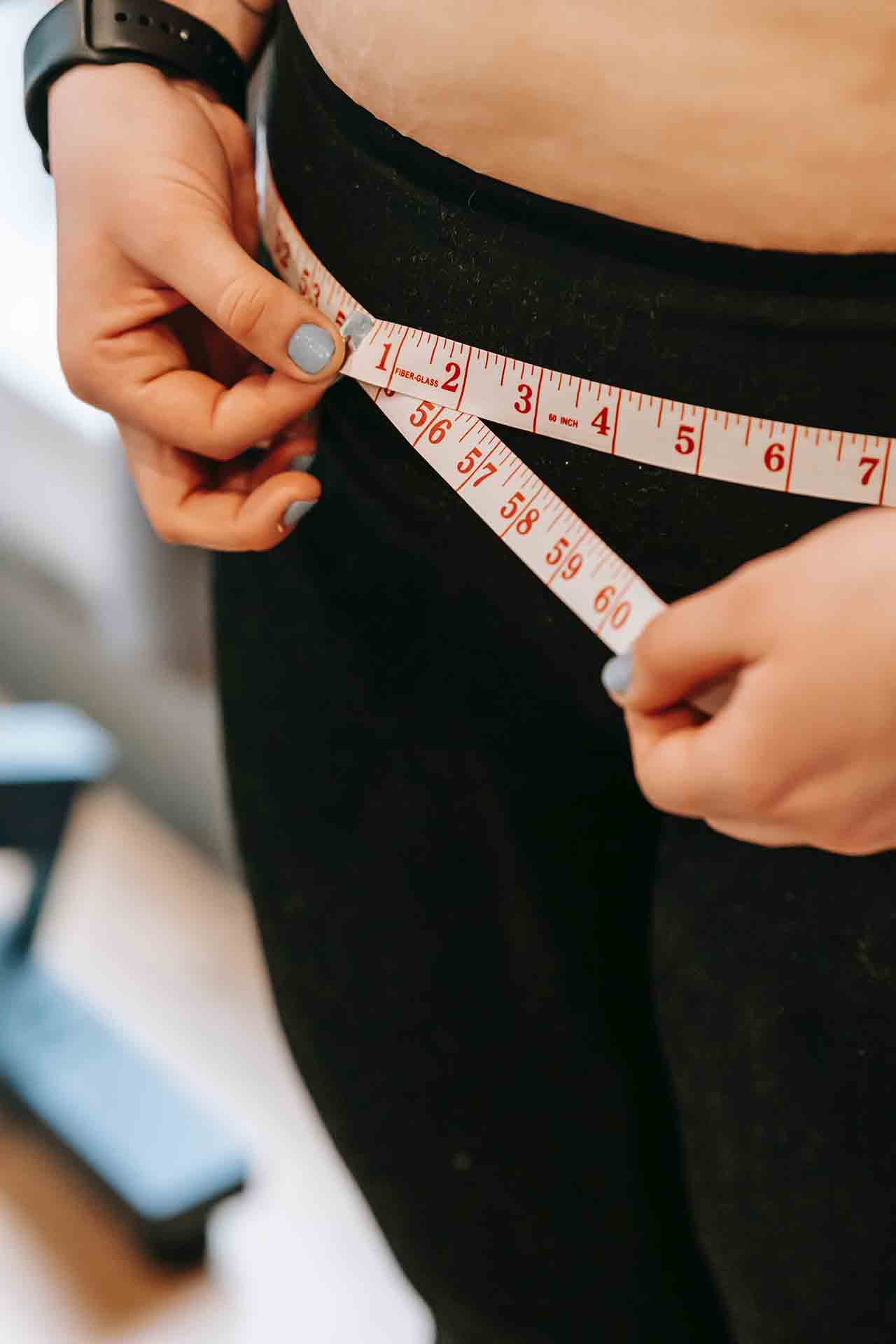
Disorders related to food anxiety
It is common to experience temporary anxiety after eating that gets better itself if there is no underlying condition. However, some people may have an underlying mental health condition if their anxiety over food interferes with their daily life, dominates their thoughts, or causes them to make unhealthy decisions.
Some probable diagnoses are as follows:
Bulimia nervosa
Bulimia nervosa is a kind of eating disorder marked by bingeing and purging. The binge eater gets rid of all the extra food by vomiting, using laxatives, or utilizing enemas. They might also compensate for binge eating by fasting or exercising excessively. (18)
A person experiencing a binge episode generally feels that they have no control over their appetite, prompting them to consume far more food than is healthy. They could do it in private and then feel embarrassed about it. Over this, they frequently purge to avoid weight gain.
Anorexia nervosa
Anorexia nervosa is a frequent eating condition that mainly affects young women. Even when they are skinny, people with anorexia believe they are overweight. This impression produces extreme food anxiety, forcing people to consume relatively few calories. A person may also adopt unusual meal routines and exercise excessively to reduce weight. (19)
Anorexia nervosa may lead to dangerously low body weight, leading to cardiac and endocrine system disorders, which can be fatal in some situations.
Orthorexia
Orthorexia makes a person obsessed with eating healthy and clean foods. Their obsession goes much beyond simple health consciousness. Instead, a person gives foodstuffs a moral value and avoids consuming anything unhealthy. Nutritional abnormalities and weight loss are both possible consequences of this condition. (20)
Other mental health conditions
Situational depression occurs when you are engaged in something specific, such as traveling, a competition, or an important business meeting. You should expect anxiety after eating if you have a big occasion coming up.
A person with a generalized anxiety disorder feels worried in numerous unreasonable circumstances. Some people use eating to relieve their anxieties. This can lead to eating problems in extreme cases. (21)
Food anxiety can be caused by obsessive-compulsive disorder (OCD). Eating just particular meals or regulating the amount of food consumed are some of the ways people with OCD control their thoughts. (22)
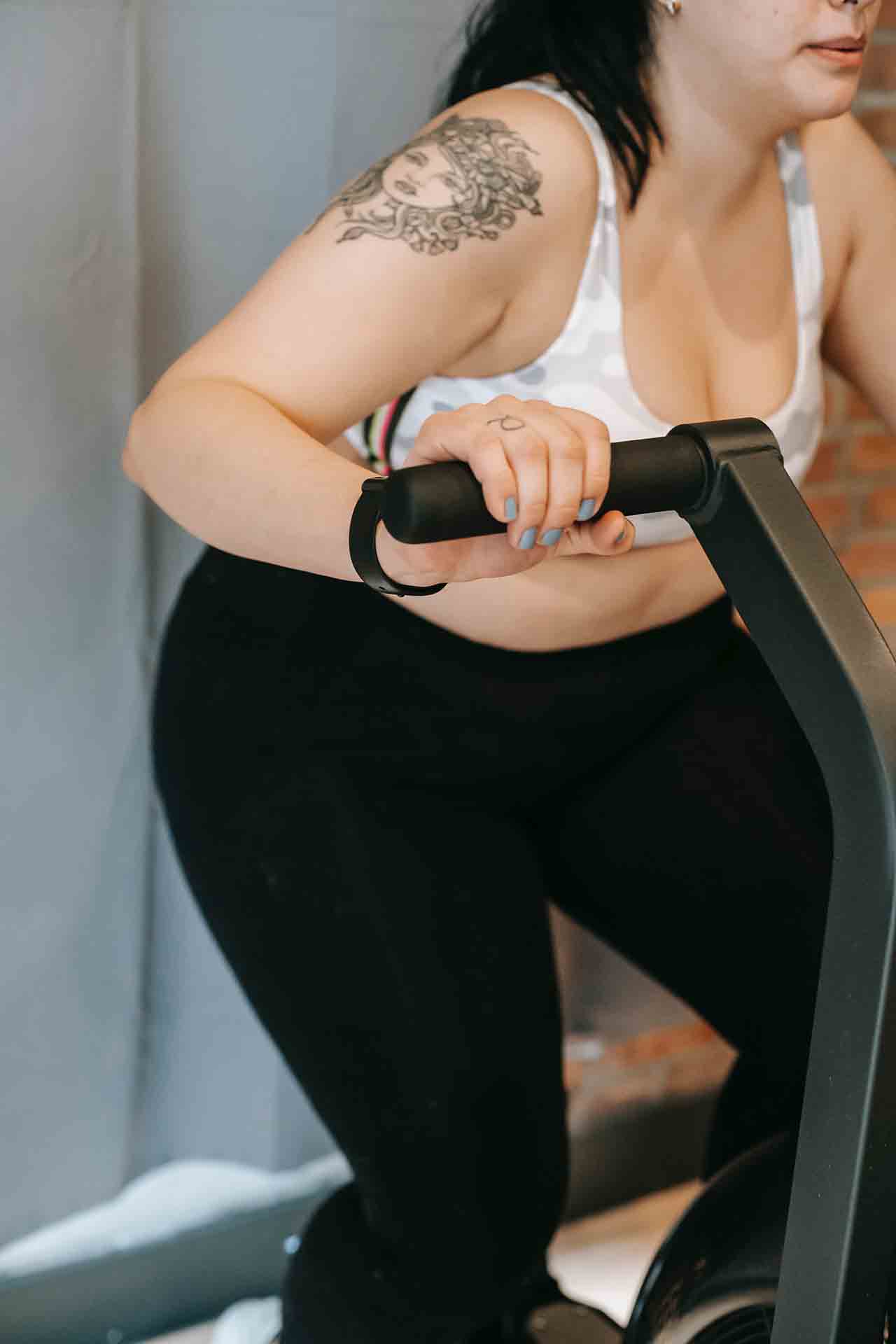
How to cope with anxiety after eating
Various coping tactics may assist you in overcoming your anxiety without the need for professional assistance. Some of these could be:
Maintaining food diary
Taking into account what you consume and how it leaves you feeling might help you see tendencies and avoid foods associated with anxiety. Keeping a food diary is an excellent way to assess the impact of each food and determine if you should avoid it or not.
Practicing self-compassion
If guilt or personal expectations cause anxiety after eating, self-compassion may be helpful. Rather than being harsh on yourself for your food choices, you should practice self-compassion and the willingness to understand and care for yourself.
Joining support group
Support groups can help people better understand their thoughts about eating while also providing practical guidance from those with similar difficulties.
Relaxation techniques
Because anxiety after eating occurs at a particular time, learning to calm in the situation may help to lessen symptoms.
Many breathing techniques, meditation techniques, concentration exercises, and fidget toys for anxiety may help you feel better, no matter where you are.
Treatment
Although anxiety symptoms after eating vary significantly from person to person, the treatment options are generally the same. The following are some of the most common and successful approaches to treating this type of anxiety:
Therapy
Anxiety sufferers can considerably benefit from therapy. A person will work to discover why they feel uneasy after eating throughout therapy sessions. They may discuss their past experiences, connections, and anxiety. The therapist can assist patients in developing coping skills for anxiety, better managing their emotions, and developing ways to redirect excessive diet thoughts.
Medications
Your doctor may prescribe several medication options after analyzing your symptoms. Before using any anxiety medication, consult a doctor.
Nutritional counseling
When people are overweight or obese, they may require dietary assistance to achieve a more balanced weight. A fitness trainer who will encourage you to eat healthier foods and reduce your anxiety may be the ultimate solution. While very underweight people may require intravenous (IV) fluids or hospital care to avoid significant health problems.
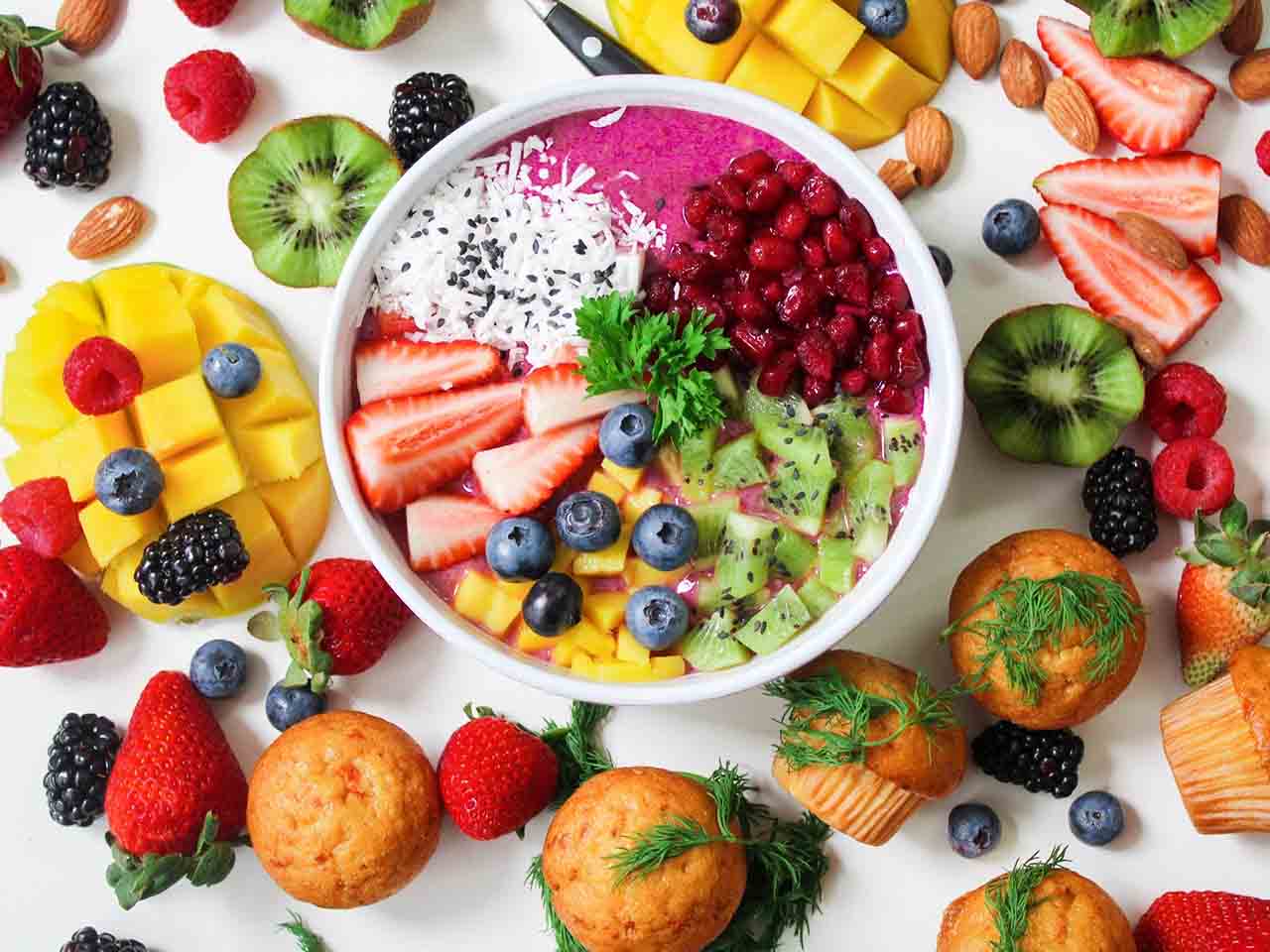
Conclusion
Many people experience anxiety after eating, and understanding how to cope with it may save you a lot of grief. Controlling anxiety, depression, and long-term mental health disorders require a well-balanced diet. Eliminating or reducing foods that are known to cause anxiety symptoms is a crucial first step.
Furthermore, food allergies can cause various unpleasant symptoms that can be mistaken for anxiety, so talk to your doctor if you think certain foods are causing you problems. You may need professional help, medications, or coping skills to get away with it.
